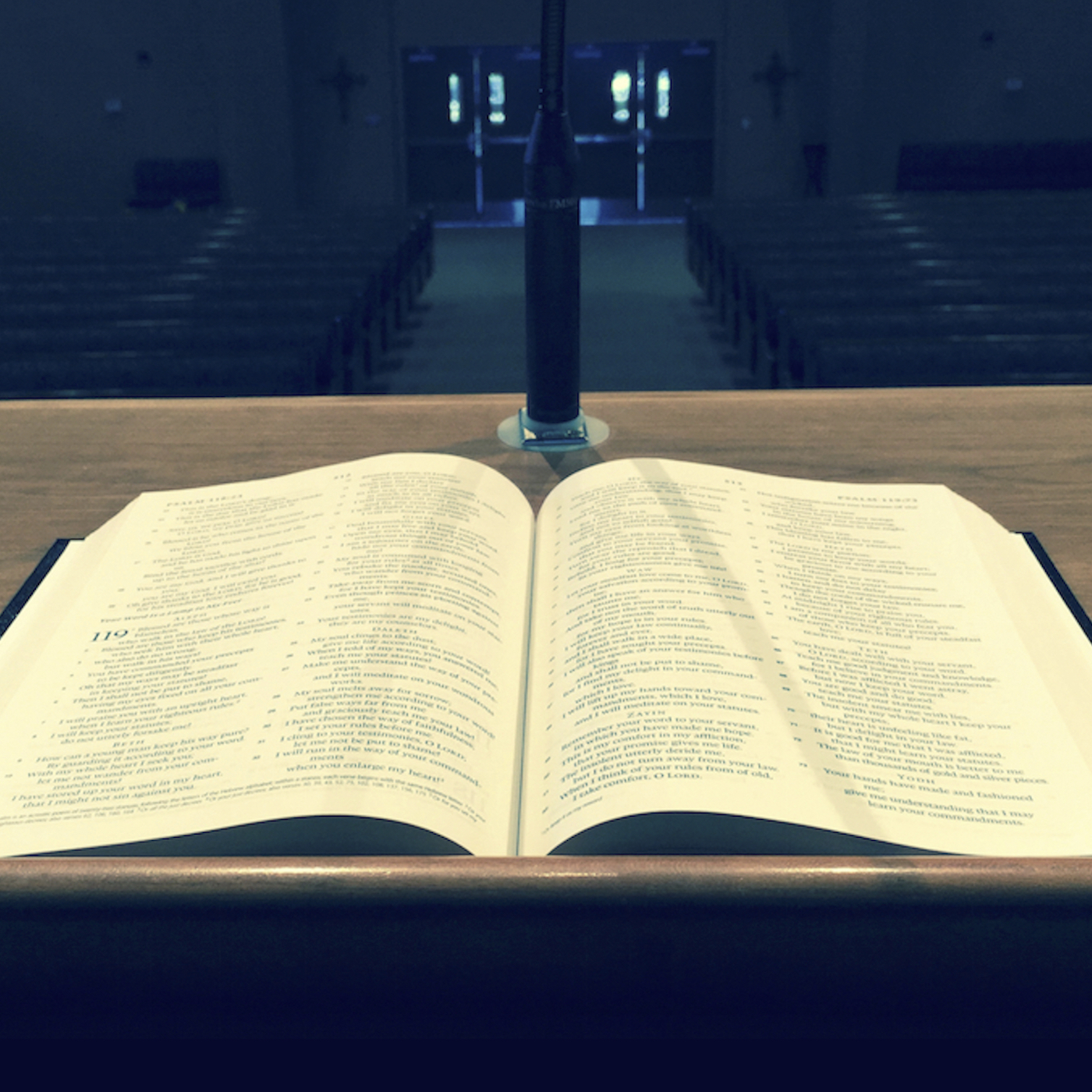
Prepare your heart for the Sermon by looking through these suggestions that will assist you in making the most of our time together hearing God's Word.
You will find suggestions for thinking more critically through the passage, meditating more intently on the text, and prayerfully seeking wisdom to deepen your understanding of the passage to be preached this Sunday.
Carefully Think
- Read Jeremiah 31. Focus on vv. 31-34.
- Who is this section addressed to? Who will God make this new covenant with according to v. 31 and 33? Why is this significant?
- What and where is Zion? What is significant about this location in this chapter?
- Who is the remnant of Israel?
- Who is the subject of verse 8-9, 13b-14? What does he do?
- What imagery is used to describe the relationship between God and his people in this passage? What do these pictures reveal?
- Ephraim, the ten tribes, is seen weeping in vs 18. Why is this the case?
- What do verses 18-20 teach us about repentance? What is the Lord’s response to such repentance?
- How is the sovereignty and mercy of God on display in this passage?
- How does God ask his people to respond to his sovereignty, mercy, and love?
- What is the difference between the old covenant and the new covenant?
- What are the components of the new covenant? Why is this so significant?
- Is this covenant conditional or unconditional? How do you know?
- What happens to those who are outside of the new covenant?
- What words and phrases are used to describe the character of God in this passage?
Prayerfully Meditate
- Why was a new covenant necessary? What did it accomplish that the old covenant could not?
- How do the eternal implications of the new covenant influence the way we view temporary trials?
- By whom does the new covenant come?
- Who is the new covenant for according to Jeremiah 31?
- What comfort can you take from the promises found in the new covenant if you are a follower of Christ?